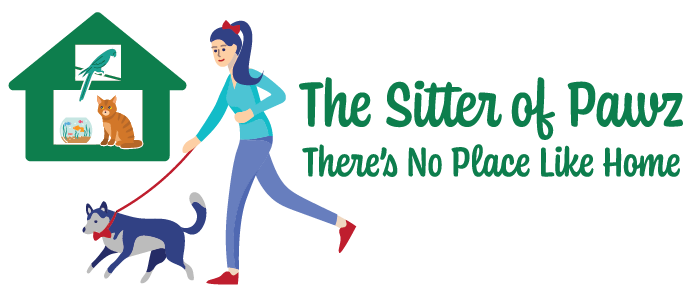The Trouble with Teething
I have often heard it said that God makes puppies cute for a reason, and I am quite sure that one of those reasons is that He also made their puppy teeth as sharp as a razor. Anyone who has ever held a puppy for more than five minutes would have to agree, and everyone who brings home a new pup wants to know how they can stop the biting and nipping.
Like humans, dogs are not born with teeth. Most puppies start to get teeth while still nursing at around 2-3 weeks of age. This is why you may have heard these baby teeth referred to as “milk teeth” By the time pups are weaned and sent home with their families, at around eight weeks, they lose their baby teeth, and their adult teeth begin to develop. Most dogs have all of their adult teeth when they are 6-8 months of age, but getting there can be “ruff” on the people around them.
Usually around 3-4 months of age, you may begin to notice increased chewing, blood on toys, and increased drooling. Additional signs of teething can also include running a low fever, losing appetite, and having red or swollen gums. What pup parents might notice most, though, is the chewing and biting. So the big question becomes, how do you stop the cute little darling from shredding your hands before their first birthday.
When puppies are still with their moms and siblings, they are naturally corrected for biting with a loud yelp. One way you can help your puppy know that biting hurts is by making a loud, shrill yelp much like a dog would if they were hurt. Next, give the dog something appropriate to chew on, such as a Nylabone or another safe dog toy. This will teach your pup that there are things that he can chew, just not people. If your pup decides that he likes your fingers better than the toy, then it’s time to walk away. Your dog needs to learn that biting, mouthing, and chewing on people is unacceptable and will not be rewarded.
There are some easy things that you can do to help with teething pain, for instance, giving toys that are soaked or filled with water and frozen. Chew toys that have different textures can also be helpful.
Now and then, it will be necessary to seek help from a professional. If your dog is running a high fever or excessive amounts of blood, you will want to visit your vet. It is a good idea to make a dental appointment with your vet once all of the adult teeth have come in so they can check for problems such as crooked teeth or a misaligned jaw. If you feel that your dog is biting out of aggression instead of playing, you will want to seek help from a professional dog trainer or a behaviorist right away.
One of the most important things that you can offer your pup during this time is patience. It is beneficial to remember that this too shall pass.

